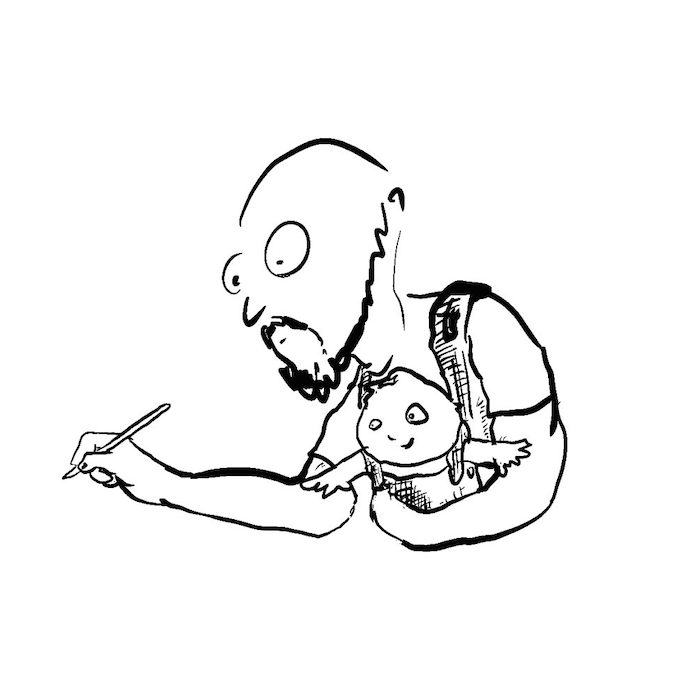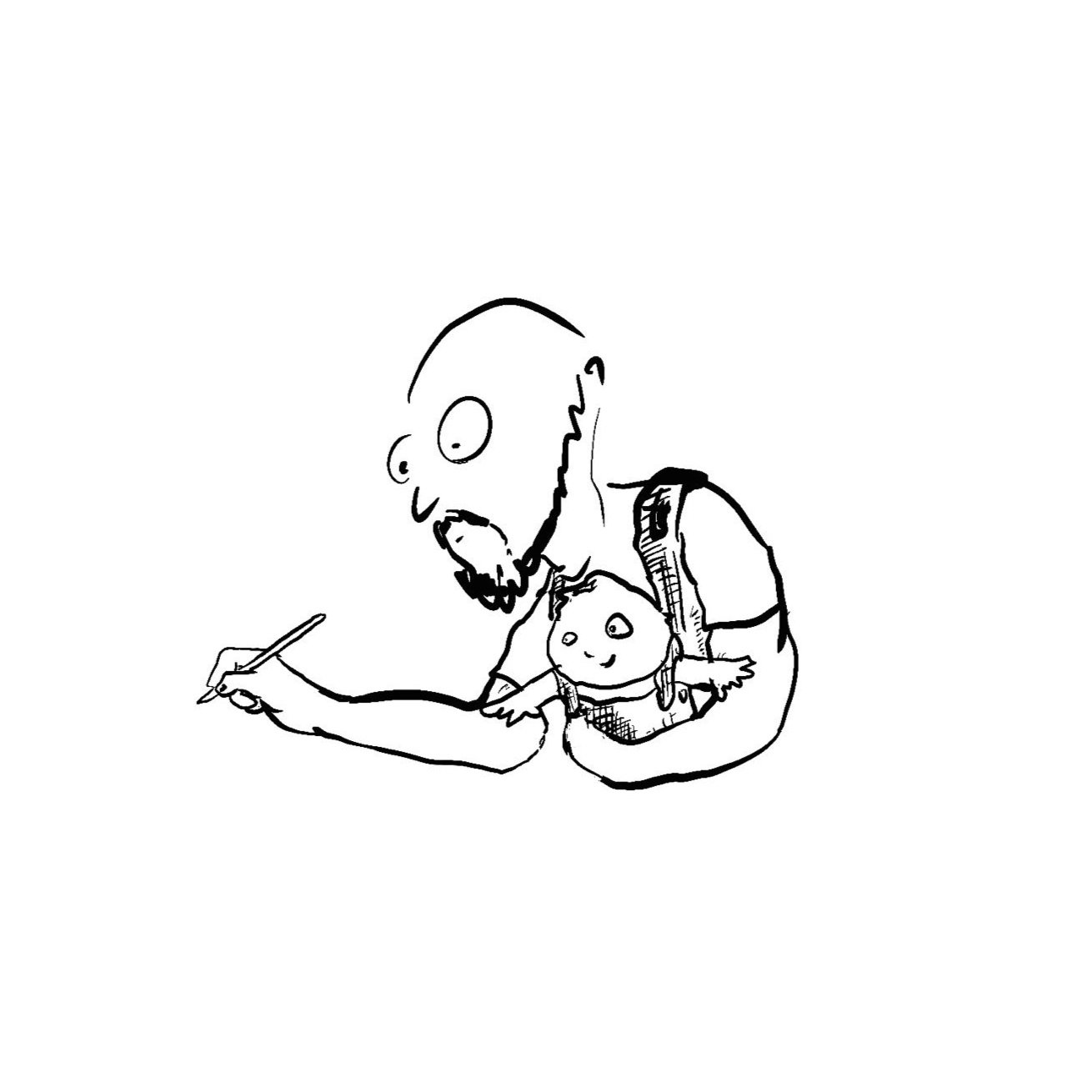CALM THE #%&*! DOWN
Seems the most common way for people to almost die is Acute Pulmonary Edema (APE). This, as I've blogged a lot about already, is when the heart isn't pumping adequately enough and fluid backs up into the lungs, essentially drowning the person inside herself. It can happen over the course of days, a gradually rising tide, or it can flashflood and kill someone in seconds, pink frothy sputum coming all the way up their airway and out their mouth. Usually folks show some signs as it's approaching, something called othopnea which means they can't lay all the way back without getting short of breath and is measured by how many pillows you can sleep comfortably with (six pillow orthopnea would be a very bad thing). Another sign is Paroxysmal Nocturnal Dyspnea - a fancy way of saying sudden late night breathlessness, (which now that I think about it sounds like a fancy way of saying something else altogether...)
Anyway, Congestive Heart Failure is the chronic condition that causes this, but it can come from a sudden heart attack or fluid overload from kidney failure or massive hypertension, among other things, but basically, it'll kill you. By the way, i just made up the term "massive hypertension" do NOT use it if you want to impress people with your medical lingo.
When a body is starved of oxygen, there's a period where it just goes batshit before it gets exhausted and starts giving up. So batshit could be described as a latesign, something foreshadowing total respiratory failure and then cardiac arrest. this is bad news because getting all worked up increases demand on an already taxed heart and makes it very difficult for us rescue folks to do complicated things to you like start IVs and put on oxygen masks. In fact, as I've said before, not tolerating an oxygen mask is almost always a sure sign someone's about to go down the tubes (unless they just broke up with their girlfriend and they're trying for attention). It means the body is SO confused, the brain is SOO starved of oxygen it can't even figure out what it needs to get better any more.
This lady we had last week (betweeen the 2 arrests I blogged about previously) was already at that point when we got there.
She was also a fighter, so not only would she not tolerate the mask, she was throwing old lady punches every which way to keep us back. And here we are with needles in our hand trying to be like, "Ma'am...ma'am...we're here to *ducks*...ma'am!" and my partner trying to get near enough to put the oxygen mask on...not happening.
Fortunately, her daughter happened to be an EMT so she got in close and tried to calm her with a mix of loving caresses and CalmTheFuckDownCoños. Grandma didn't calm down but it distracted her long enough for me to grab her arm and put the IV in, but then of course she started flailing again, so I had to hold the arm still with everything i had to keep the catheter secure while I with one hand undid some tape and mummified that shit tight so it wouldn't go anywhere.
Meanwhile, my partner wants to put her on CPAP, which is an even more intense kind of oxygen administration, basically a reverse vacuum cleaner strapped tight to your face, shoving air down your throat. It's a lot to take even if you're not panicking.
She'll stab you before you get the first strap on, I mutter beneath her screeches.
that may be true, he says, putting the mask down.
Thing is, she does need it. Lack of oxygen is what's making her crazy and CPAP is the best way to get her lots of oxygen fast. But not if she's too busy tearing it off her face throwing it at us to get any good from it.
At this point, our IVs in but I'm really looking at this lady like she's going down at any second, from the sheer amount of excitement her heart might damn well explode. Okay, not really, but it will continue to suck valuable resources from her body, and she can't maintain for long.
We call for backup, on the premise that if she codes, we will need more hands to do it all right, and put some energy into calming her as we start setting up to get moving.
I think it must've been the daughter's helping out, because slowly, gradually, the screaming and yelling subsides and we're able to get close enough to give some medicine. That one thing, the calming down, sets of a chain reaction of events that basically guarantees our patient will get to the hospital without indrowning or even a tube down her throat. The medicine opens up her blood vessels some, dropping her blood pressure, relieving more burden from her heart. She finally lets us put the o2 mask on her, raising her oxygen levels and calming her down even more. By the time the EMTs arrive she's so quiet I actually have to check a pulse, but then she looks up at me, still with defiance and her eyes but mercifully calm, and takes a breath.
I put the daughter on keep-her-calm duty and we zip off to the hospital.


